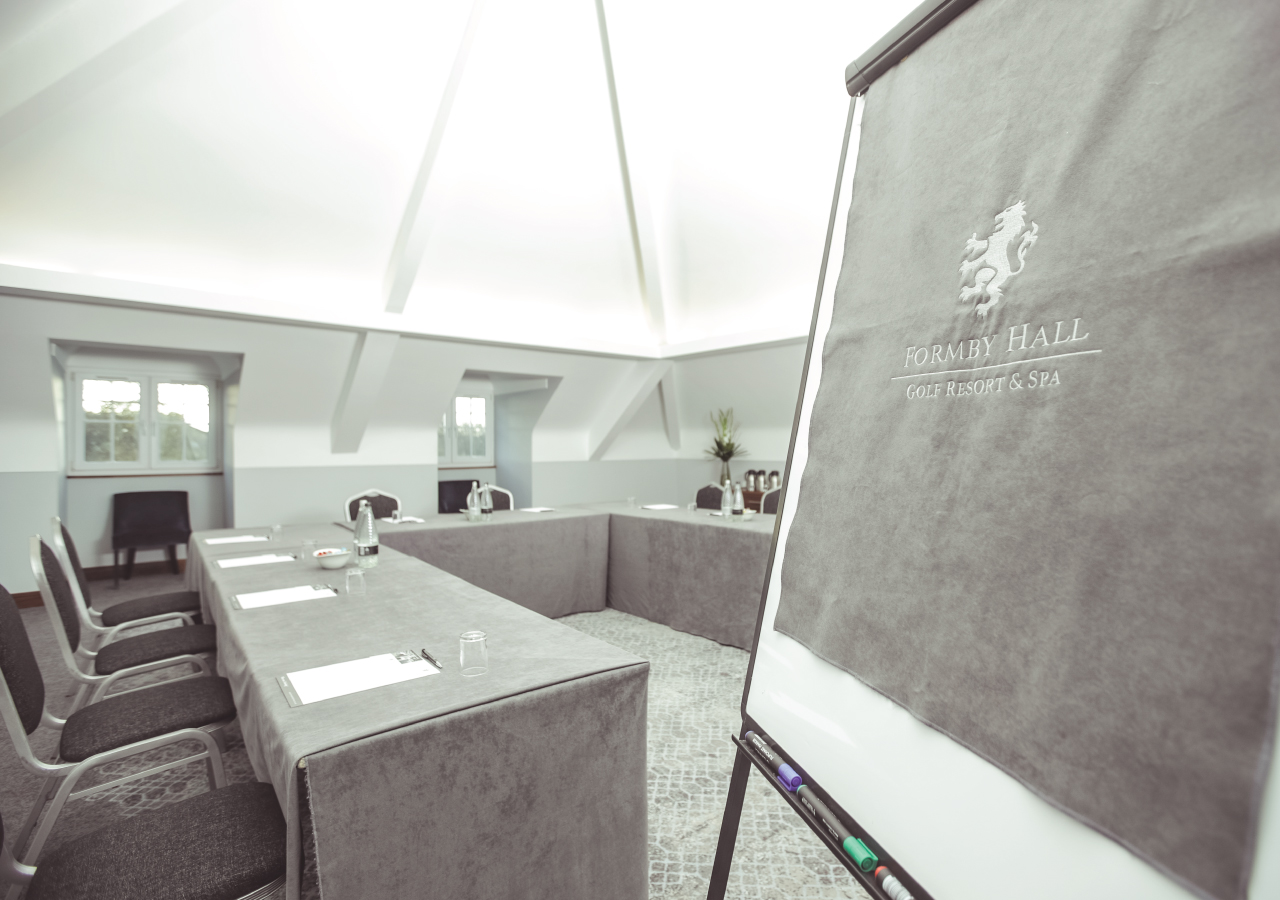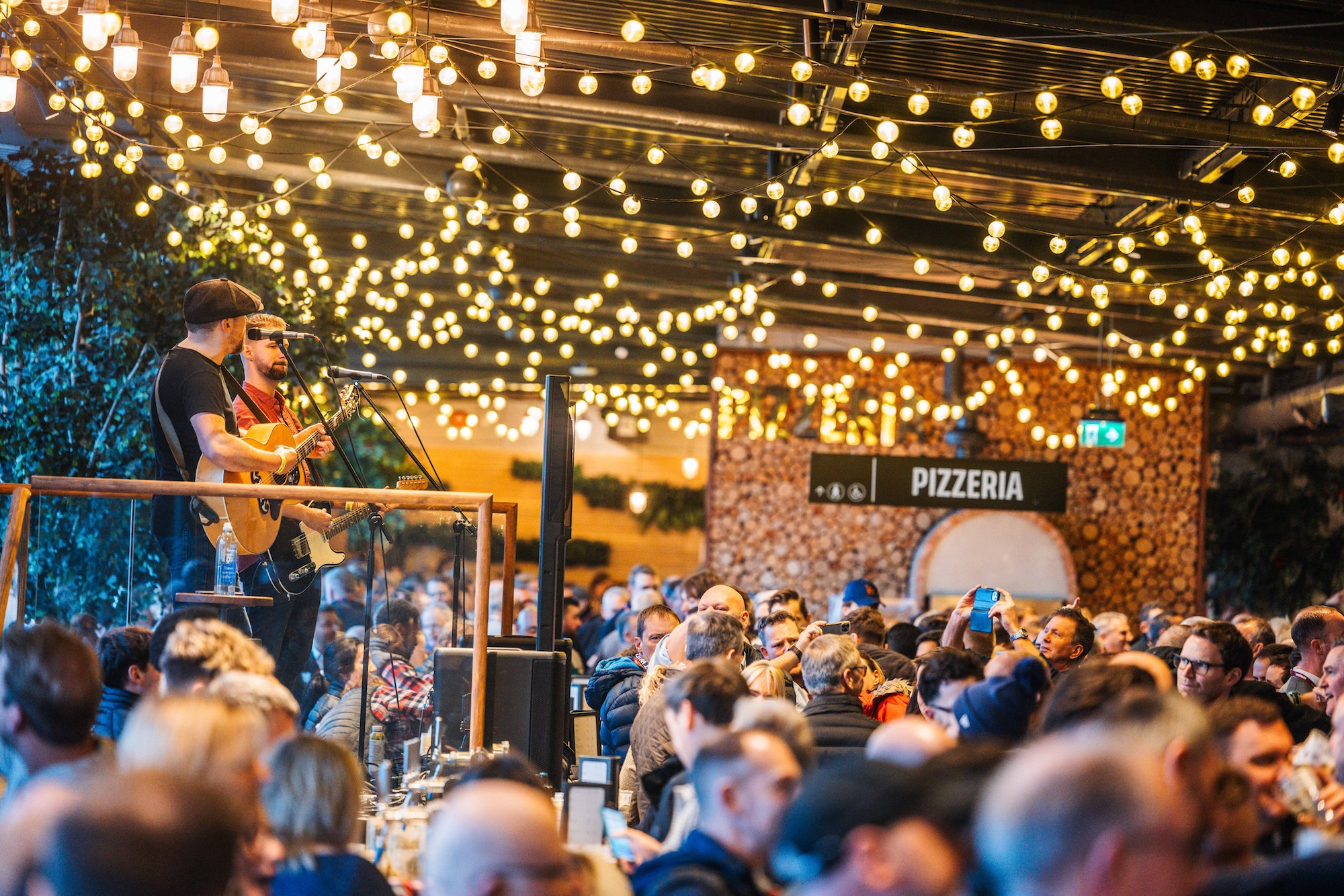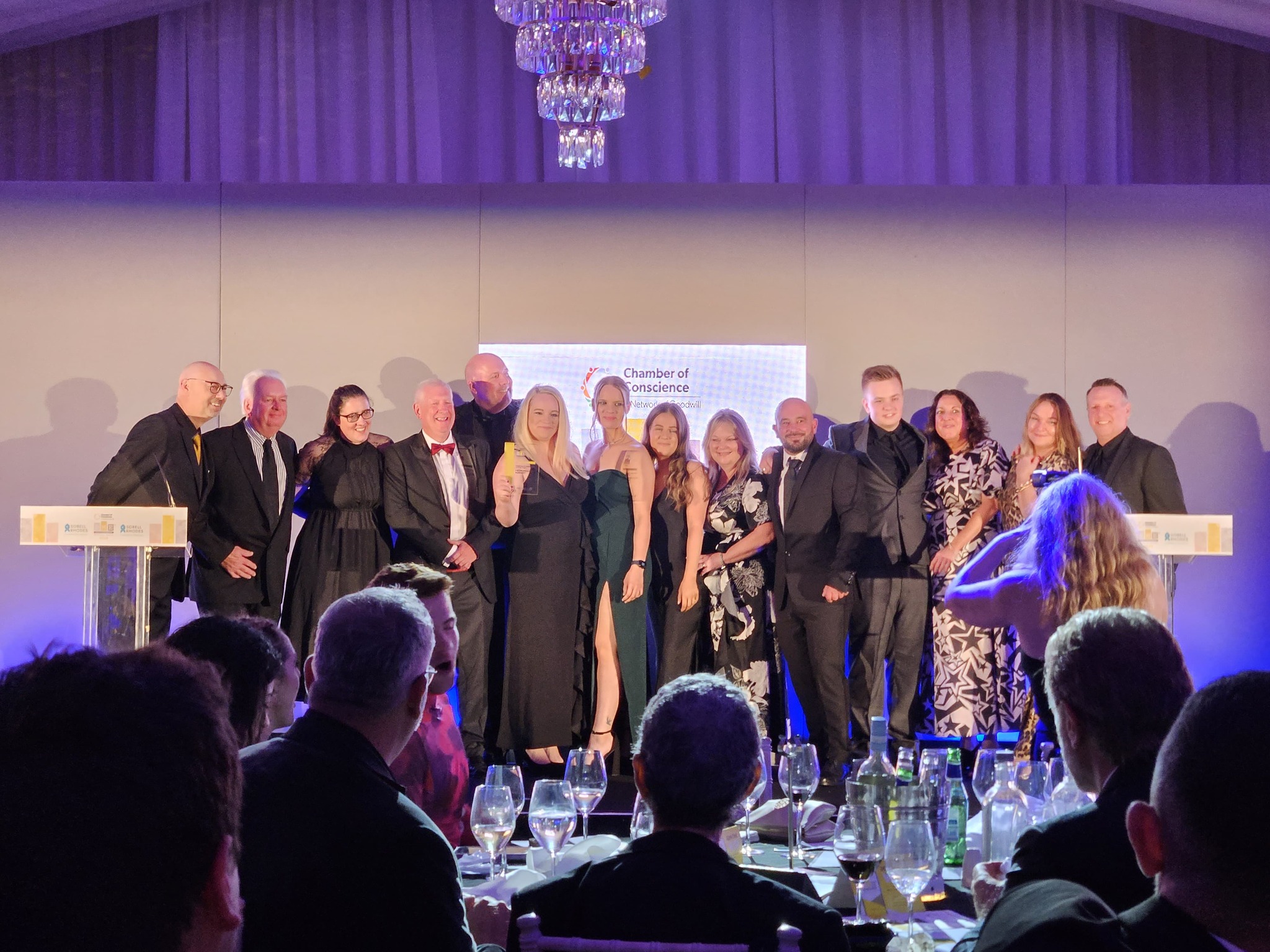Modern Birmingham, in its central area, is about pedestrianised walkways, lively public squares and rejuvenated canals. Currently the city’s ‘sell’ is focused around food and shopping with Birmingham’s being particularly proud of its array of different restaurant styles, while Selfridges at the Bull Ring and the Mailbox development have led a revolution in its retail image and allure.
Entertainment too, is wide-ranging, from Symphony Hall and theatre to a thriving club scene.
Across the city, and the surrounding region, there is accommodation for every budget, with the city centre combining the likes of Hyatt Regency and Radisson SAS with Mailmaison and Hotel du Vin.
At the heart of Birmingham’s offer will always be location and access. The motorway network puts the city in touch with most of England within two or three hours, likewise train services into New Street Station. The city’s airport is also well-connected from Europe, with flights also inbound from the US and Middle East.
In many ways Birmingham was at the forefront of 1990s city centre regeneration, with much of it based around the events industry. The bustling Brindleyplace and Broad Street are a direct spin-off from the ICC development, and events industry success has apparently helped give the city a new confidence in recent times.
This is a tribute to the city fathers of 40 years ago who had the vision of creating an events infrastructure that started with the building of the NEC, which in turn was followed some years later by the ICC, NIA and Symphony Hall. In many ways Birmingham is the leading UK example of a destination that works well because of its public-private partnership.
The commercial director of Marketing Birmingham, Ian Taylor, has been working in the city for two years having previously been with Newcastle Gateshead. He is a strong advocate of this approach.
“Birmingham hasn’t sat on its laurels and just watched people come, it is constantly adding to its infrastructure, the pace of reinvestment and regeneration is fantastic,” he says. “I think the driving force behind that is the public-private partnership.”
Taylor thinks that the key is to have a very clear vision of what you are trying to create.
“It’s not simply a case of knocking old buildings down and putting up new ones,” he says. “It’s about creating a sense of destination.”
This is an interesting phrase, what sort of ‘sense of destination’ does he think visitors to the city have?
“One of our main tasks is plugging people in to the Birmingham experience at various levels,” he says. “We tell them about the wide range of international cuisine available in the city, the diverse cultural scene, the quality of the shops and the impressive sporting offer.”
There’s a notion here of something for everyone, whatever the event, be it exhibition or conference, whatever the tastes of individual delegates and visitors, there will be something in Birmingham that will give them pleasure, another experience in fact, outside the event that has brought them to the city. Is this something that is inevitably easier for a big city to achieve?
“I think so because with larger cities you clearly have a larger infrastructure,” he says. “However, we find that it is nevertheless important to talk to the organisers and try to match relevant aspects of the destination to the needs and expectations of their clients.”
Giving a sense of experience is the driving force it would seem. Indeed, the city uses the strap line ‘Birmingham – making events extraordinary’.
“We have a large, world class city but it is still a city that is touchable and scaleable,” says Taylor, “it’s a city where your event gets recognised.”
This is an interesting point, in cities such as Birmingham, Glasgow and Taylor’s old stomping ground of Newcastle, the population often know that a given event is going on and recognise the importance that events have for their cities. How important does Taylor think it is that local people know what’s going on?
“Organisers like to feel that their business is being recognised and welcomed in a visible way by the city,” he says. “Part of what we try to do, on various levels, is to not only have the event resonate with the city but also have the city resonate with the event. That way you send people away thinking they’ve had a fabulous experience and that they’ve been energised both by the event itself and the city that hosted it. They will therefore feel that going to the event has been worthwhile and that has to be good news for the organisers.”
Good news indeed and, if one looks at the timetable of upcoming events in the city, it’s clearly a policy that works. A good lesson for other destinations to take on board.






